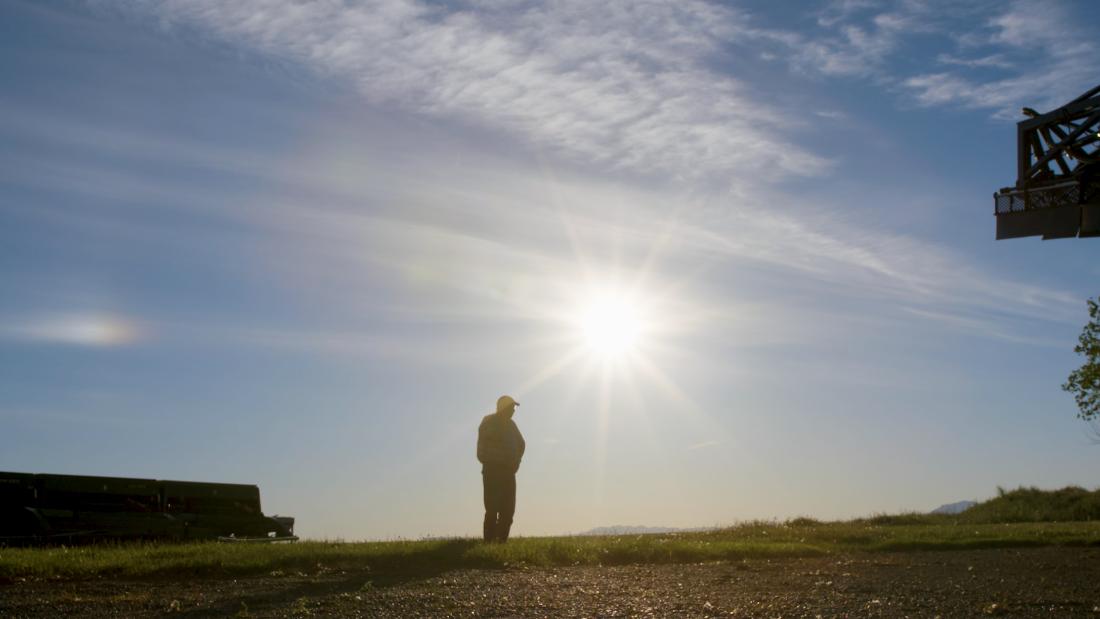
Big Sandy, Montana (CNN)Her father worked the harvest every year from age 11 and was the strongest man she ever knew. When she was in high school, he once caught his foot in an auger, a long tube of a machine that pulls cut grain from a combine. He managed to yank himself free and drive his truck home without passing out.
"It was reasonable and rational and absolutely necessary that he stop and come into the house and say, 'I'm hurt. I need help,' " said his daughter, Darla Tyler-McSherry.
But two years ago, at age 82, as a series of mounting health issues forced him to step away from the work he loved, he didn't have the same kind of language or strength to ask for help.
"We're so good at talking about physical pain," Darla said through tears, "but we're so bad at talking about any kind of psychological pain."
Darla is the director of student health services at Montana State University Billings. She is trained to spot depression and suicide ideation in students. But in her own father, she couldn't see what was coming.
He took his own life on the very farm where he was born and raised. Afterward, his daughter struggled with guilt. She's now determined to take her family's anguish and use it for good by advocating on behalf of other farmers who may be in crisis.
Her motivation is to honor his memory -- and because she knows that her family isn't alone.
The suicide rate in rural America is 45% greater than in large urban areas, according to
a study released last fall by the US Centers for Disease Control and Prevention. A more recent CDC report said
Montana's suicide rate leads the nation, coming in at nearly twice the national average. A third long-touted CDC study, currently
under review, listed farming in the occupational group, along with fishing and forestry, with the highest rate of suicide deaths.
That
occupational study was based on 2012 data, when farming was strong and approaching its peak in 2013, says Jennifer Fahy, communications director for the nonprofit
Farm Aid. Farmers' net income has fallen 50% since 2013 and is expected to drop to a 12-year low this year, the
US Department of Agriculture reports.
Fahy says farmers are facing more stress now than they have since the farming crisis of the 1980s, when hundreds of farms were auctioned on courthouse steps across the country each month and thousands of farmers faced financial ruin.
That's why now is the time to talk, Darla says. By sharing their own story, she and her older brother, Randall Tyler, hope others can be spared their -- and their father's -- pain.
In his blood
The 1,200-acre farm is nestled in the serenity of rural north central Montana, where crops stretch as far as the eye can see beneath an expansive blue sky. The summer breeze casts waves across seas of wheat.
Nicknamed for the grain that thrives in this region, Randall refers to the area as "the breadbasket of Montana."
Unlike his sister, who left for college and took a job in the big city of Billings, Randall is pure country and was born to farm. He can quote the exact time he graduated from high school and was free to do what he loved: "May 26, 1982, 7 o'clock nighttime. Best day of my life, because me and school really didn't get along that well."
As a small child, he tagged along with his dad to the fields. He could identify whose land they passed in the pickup and the tractors each man drove. He took every chance he could to ride on the combine and watch his dad tinker with equipment. He was pint-sized when he took apart his green pedal tractor so he could "overhaul its engine," he laughs. By age 5 or 6, he was steering a real truck between rows of bales.
"I kind of run on diesel fuel," Randall said. "It just gets in your blood."
Each morning, he tunes his radio to the Northern Ag Network to hear reports on the markets and the weather. Like all farmers, he says, he's at the mercy of both. He used to work with his dad, growing and harvesting barley and wheat. Now, Randall is on his own to manage it all.
Darla sees their dad in Randall in the way he talks, moves and fixates on projects.
Randall misses the conversations after he and his dad each devoured the Trader's Dispatch, a monthly publication catering to farmers, ranchers and the like that he calls the "farmer's bible." They bantered about the latest equipment for sale and who they knew who was selling what.
His thoughts turn to his father when he sprays the fallow field and passes the two knobs where they took a break a few years ago, field glasses in hand, and watched a herd of 200 antelope. He holds onto the good memories: the pack trip they took in the wilderness, the snowmobiling in West Yellowstone, the machinery they ogled at farm shows.
When Randall faces a predicament -- questions like when to sell or where; what and how much chemical to spray -- he says to himself, "Darn it, Dad, I wish you were here to make this decision."
But he knows what his father would say: "Gotta keep moving, Randall. Gotta take care of the farm, keep it active, do what you think is right."
An 'agrarian imperative'
Just as coyotes and cats mark their territory, Michael Rosmann says, so do humans -- but with tall fences and legal paperwork. Rosmann is a longtime farmer and Iowa psychologist who specializes in agricultural behavioral health. He's referring to the "agrarian imperative," a theory related to the territorial nature of animals that also applies to humans.
Any danger of losing that territory, of losing that farm, heaps on pressure, he says -- especially when the land has been passed down across generations.
"When we're not successful, we blame ourselves for losing the opportunity our ancestors secured for us," he said.
Dick Tyler's parents purchased the family farm from the original homesteaders in 1931, during the Great Depression. An old wooden homestead wagon, eventually purchased by Tyler to celebrate the history, remains parked near the house between the gravel driveway and a long row of bright red poppies. The place is about 10 miles from the itty-bitty town of Big Sandy, a crossroads that's home to 600 people.
Tyler was born in the house his parents built. It's the same house where Randall and Darla grew up. Their 78-year-old mother, Lenore, still lives there, and someday, Randall expects that the home will be his -- hopefully, by then, with Mrs. Right. For now, he holds onto his own place 30 miles to the north in Gildford, an even-smaller town where he knows everyone and they all know him.
Randall, 54, often stays with his mom during the busy season, which begins in April and runs through mid-October. The days are long and the weekends rarely free; whatever it takes to get the work done.
Darla, 50, who helped her mom garden as a girl and still does during visits, reads from a poem her grandmother Marion Tyler Lawrence wrote. It's a love note to her late first husband -- Dick Tyler's father -- and the farm they cherished.
Rest well my love
In heaven above
This farm is kept well
As I do tell
This land of the sand
Is cared for by loving hearts and hands
Thank you dear children
For the love and the care
That you give there
God shall bless you for your love and care
And will keep you safely in His arms
Free from all harm
Working against them
There are a number of explanations for why suicide rates are higher in rural America: social isolation, lack of access to mental health care, small community living where internal struggles become tightly held secrets.
For farmers, there are particular economic stressors too, including an existence in which crops -- and one's livelihood -- can be wiped out with a drought, infestation or 15-minute hailstorm. Markets fluctuate. Costs for fuel and fertilizer climb while prices earned per bushel plummet. Lenders come knocking. The President introduces tariffs, adding uncertainty to a life that's already plenty uncertain.
The very psychological traits that make farmers successful -- the ability to toil alone, rely on personal judgment and take risks -- work against them if they're struggling emotionally or financially, says Rosmann, the agricultural behavioral health expert.
"Working alone and relying only on one's own judgment when depressed can be dangerous," he said. "Taking risks when depressed or struggling can dig oneself into a deeper hole ... and even set up the distressed person to become self-destructive."
Of Montana's 56 counties, 45 have a population of fewer than six people per square mile, and 10 of those have a population of fewer than one person per square mile, according to the
US Census Bureau. And most counties have a mental health care professional shortage,
state figures show.
In a place like Montana, where the winters are long and dark, a man is taught to "cowboy up," be independent and not be a burden to others, says Karl Rosston, a licensed clinical social worker who serves as the suicide prevention coordinator for the state's Department of Public Health and Human Services. The stigma attached to mental illness looms large, he says, and depression is "seen as a weakness."
It's also a gun culture -- "If you're from Montana, you grew up with guns," Rosston said -- which means access to the most lethal method for suicide comes easy. Nearly two out of three suicides in Montana are by firearm, compared with half for the United States as a whole, he says. Plus, Montana is home to a large number of military veterans and seven Native American reservations -- two groups with disproportionate suicide rates.
Add to this, studies have shown increased rates of depression and suicide linked to factors like
pesticides and
high altitude. Seven of the top 10 states for suicide rates, according to the
CDC list, are in the
Mountain States.
The storm he couldn't weather
Dick Tyler's farm wasn't struggling; he was.
Like his mother before him and his son after him, he had a rare hereditary eye disease called lattice dystrophy. It can make the eyes feel like sandpaper beneath the eyelids and spawn the kind of sensitivity to light that can require days in darkness, Randall explains from experience. It causes intertwining deposits that cloud the corneas. Although there's no cure, corneal transplants often help.
Tyler had at least eight transplants over the years, his kids say. In the summer of 2016, his left eye needed another transplant. At the same time, an unrelated infection in his right eye had been giving him trouble. He was struggling to see, and he couldn't drive or work the land he loved.
He told his kids he worried about going blind.
He went to Missoula for the corneal transplant, Darla says, and it was successful. Given his age, however, the doctor warned that it would take longer than before to heal.
And then gastrointestinal issues hit him, requiring several trips to the ER in Great Falls, more than an hour from home. He'd been offered temporary relief but no answers, his kids say, and a doctor's appointment that was further out than he liked.
Dick Tyler wasn't willing to wait. Ten days after his surgery, he was dead.
"I'm not sure if my dad's expectations were in alignment with what was possible," Darla said.
"There was hope and good faith for it," Randall added, "but he kind of bowed out a little quicker, before the hope and the faith really kicked in."
Their dad had weathered his share of challenges. On top of the corneal transplants, he'd had a hip replacement and emergency bypass surgery -- not to mention that mangled toe from the auger accident. He was the sort who bounced back and looked forward.
Plus, Darla had always taken comfort in a conversation she'd overheard decades earlier. It was during America's farm crisis of the '80s, when losses, debts and foreclosures skyrocketed amid overproduction and a grain embargo against the Soviet Union. He was talking with a friend about the farmers who'd taken their lives. Her dad looked down at the floor and shook his head, she remembers, and said, "What could ever be so bad that would make a person feel like they had to do that to themselves?"
The relief she felt then, coupled with a more recent comment he'd made to Randall about the burden that suicide places on those left behind, allowed her to believe that for him suicide "would never be the answer."
She's learned through her work, though, that "thoughts of suicide come in waves."
"The storm came up with so much ferocity and so much intensity that none of us saw it coming," she said. "This wave just hit him, and he wasn't able to come out of it."
'Something so awful as this'
It was a beautiful, picture-perfect Friday at the end of September. Randall was out seeding when his mother called him on his cell phone: "I cannot find Dad."
Lenore Tyler had gone into town to pick up her husband's eye drops from the pharmacy. She feared that he didn't have enough to get through the weekend. She asked him to join her for the ride, but he told her he wanted to stay home.
When she returned, he wasn't where she'd left him or anywhere she looked.
"Dad! Dad! Come on, Dad! Where are you? This isn't funny," Randall called out as he roamed the grounds, checking in buildings, peeking around trucks and behind machinery. After a while, he reached out to some neighbors to help him search.
Suicide prevention advocates warn media against sharing details about how a person takes his or her life. They say it can be triggering to suicide loss survivors. Darla and Randall want people to know what happened to their father because it speaks to who he was.
Dick Tyler had guns, and he loved them. They were pieces of art he collected. He displayed them in his home, polished and showed them off at gun shows. But he didn't use one to end his life. As Darla's husband told her, "he wouldn't want to have used one for something so awful as this."
Instead, he drowned himself in the farm's reservoir.
Their father didn't know how to swim and was terrified of water. Randall remembers how throughout his lifetime, his dad would warn, "be careful now. Don't you fall in there," whenever they set up the water pump in the reservoir, which covers about three acres and is up to 14 feet deep. They found his black and white cap, water bottle and sunglasses next to the water. His body was spotted floating in the southwest corner.
"I think Dad plain got tired and fed up," Randall said. "We didn't realize he was hurting that much, I guess."
He knew that it was hard for his dad to not be out in the fields where he belonged, so his son kept him involved -- asking for advice and reporting back on each day's progress. Randall trusted that his father would be working again soon enough. If only he'd given it a little more time.
Darla knelt over her father in the funeral home and wept. She ran her fingers through his hair, stroked his arm and told him, "Dad, I think you jumped the gun." If only he'd held on another week or 10 days to make it to that next doctor's appointment and give his eye more time to heal, she suspects, "he'd still be here."
She's read interviews with people who've survived jumps off the Golden Gate Bridge in San Francisco. They've spoken about the regret that took over as soon as they were airborne, she says. She likes to believe that their father too felt a rush of remorse the moment he leapt.
'Like throwing darts'
Coming back to the farm from Shepherd, the small town outside of Billings where she went on to build a life with her husband and stepdaughters, can be a struggle for Darla. The farm and her father are one and the same, and she's still getting used to being here without him.
The last time she made the 4½-hour drive, she and Randall sat over dinner and counted the names of people they knew who'd taken their own lives. They came up with more than half a dozen.
Randall sits in the still-smells-like-new farm shop, a building Dick Tyler viewed as his "masterpiece." The space is well-lit and pristine, and it has a place for every tool a farmer could want. His dad's hat collection lines one wall, and collectibles and historical photos of the farm dot others.
He begins to rattle off stories of men lost. There was the one who didn't want to fight cancer anymore and "took care of it right in his own chair." Another guy "was having troubles, and he ran his dad's pickup over a cliff just to take care of it." And then there was the rancher who lost most all of his cattle in a blizzard. There were a few survivors, though, so he pulled out his gun, "took care of them and then took care of himself."
Randall knows this work is a gamble, yet he can't imagine doing anything else.
"Every day, you roll the dice and you hope for the best," he said. "It's just like throwing darts."
There's only so much a farmer can control, and the status of global trade tariffs isn't on that list. The grain merchandisers he sells to often ship his crops across the ocean to China, he says.
"If they put a halt to it, shoot, it's definitely going to hurt our market," Randall said. "But our little voice out here don't amount to much. ... They don't listen to us guys."
All he can do is focus on what's in front of him as he turns his truck toward the sun in the fallow field. The hours and hours of solitude, Randall says, don't bother him.
He daydreams, watches the crops grow and admires the seasons, sunrises and sunsets. He thinks about the tasks awaiting him, loses himself watching a hawk or seagull soar above, and tunes in to the radio. He listens to country rock and ag market reports and keeps tabs on funeral announcements.
Making the world right
It'll be two years next month since they lost their father. As the economic concerns of farmers grow, so does Darla's determination to make a difference.
She's connected with advocates and lawmakers, published
letters to the editor and participated in a
community walk to raise awareness about suicide in rural Montana. She's gathered educational materials about depression, suicide and the resources available to suicide loss survivors. She's set up a table at a rodeo, along with pamphlets for military families, brochures about how talking can save lives and bumper stickers that read, "Caution: Treatment for Mental Illness Can Cause Recovery." She plans to do this more.
Darla earned a grant from the Suicide Prevention Coalition of Yellowstone Valley to launch a project inspired by a story she heard about her father. After he was gone, a friend of his told her, "When your dad would see someone in town walking down the street, he would stop and ask in earnest how they were doing. He wasn't asking to be nosy or gossipy; he genuinely cared."
Ask in Earnest is her effort to promote "candid and compassionate conversations about suicide for the farm and ranching community," Darla writes on her website. Her plan is to offer tips for self-care, information about warning signs and ways to help those in need.
Someday, Darla says, she might even start a nonprofit. Her dream would be to bring in experts, like Iowa's Rosmann, to facilitate community conversations across the state and coach others to do the same.
Rosmann says he admires Darla's determination to take on this cause. Hers is a sort of response he's seen before.
"To take the loss and turn it into a positive event of some kind," he said, "makes it possible for many people to go on."
Farmers in crisis deserve all the help they can get, he says.
Farm Aid offers a hotline, but it's not 24/7 and is for referrals more than crisis intervention, explains Fahy, the organization's spokeswoman. And people on the other end of the National Suicide Prevention Lifeline, though essential, aren't generally versed in what life looks like for a farmer, Rosmann says.
National Suicide Prevention Lifeline
24/7
800-273-TALK/800-273-8255
Crisis Text Line
24/7
Text HOME to 741741
Farm Aid Hotline
Monday through Friday, 9 a.m. to 5 p.m. ET
800-FARM-AID/800-327-6243
Some states have their own farm and rural helplines, but he believes such options should be universally available. He imagines designated suicide prevention hotlines staffed by people who understand farming and speak the language so there's no cultural gap. He'd like counseling for farmers to be subsidized, since they generally have high insurance deductibles and aren't likely to seek help, especially when financially stressed. And he wants more rural family doctors to be trained in agricultural medicine, including behavioral health.
Getting help early is essential, says Matt Kuntz, executive director of the
National Alliance on Mental Illness chapter in Montana and the interim director of the
Center for Mental Health Research and Recovery at Montana State University.
"It's critical that people go in to get mental health treatment before they are in a life-or-death crisis," he said. "If they wait until they are really desperate, the margins for error with the clinician shortage, insurance issues, etc., are just too small."
The Trump administration pledged this summer to give up to $12 billion in
aid to farmers, but that announcement has been met with criticism and was even described by a fifth-generation farmer and Trump supporter as "
a Band-Aid on a broken leg." Sen. Tammy Baldwin of Wisconsin introduced the
Farmers First Act, which would establish a stress assistance network for farmers and ranchers.
Montana has invested in measures to help its residents, including a
strategic plan to reduce Native youth suicides. Gov. Steve Bullock
announced grants in April to fund
online therapy and bring a
mental health awareness program into schools.
And then there are individuals like Darla, who hopes in her own passionate way to be part of the solution. She wants to help redefine for farmers -- and for anyone facing a wave of suicidal thoughts -- the meaning of the word strength. It takes strength to speak up and ask for help. It's that kind of strength that might have saved her father's life.
On the front steps of the family home where she sits, she imagines him. He would sit here in the summer after a long day's work, reading the paper or a farm magazine while listening to the mourning doves. The pump set in the reservoir would be on, watering the yard and garden.
"It was just a sign that everything was right in the world," she said. "It was just the perfect way to end the day."
As she sits here and talks about him, she likes to think each gust of wind is him blowing through. The mourning dove perched on a wire nearby, she imagines, is Dick Tyler looking down with approval.
Original Article : HERE ; This post was curated & posted using : RealSpecific
=>
***********************************************
Post Source Here: Their dad killed himself on the farm where he was born. They hope his story will save others
************************************
=>
Sponsored by E-book Vault - Free E-book's
=>
This article was searched, compiled, delivered and presented using RSS Masher & TrendingTraffic
=>>
Their dad killed himself on the farm where he was born. They hope his story will save others was originally posted by
Viral News Feed 14

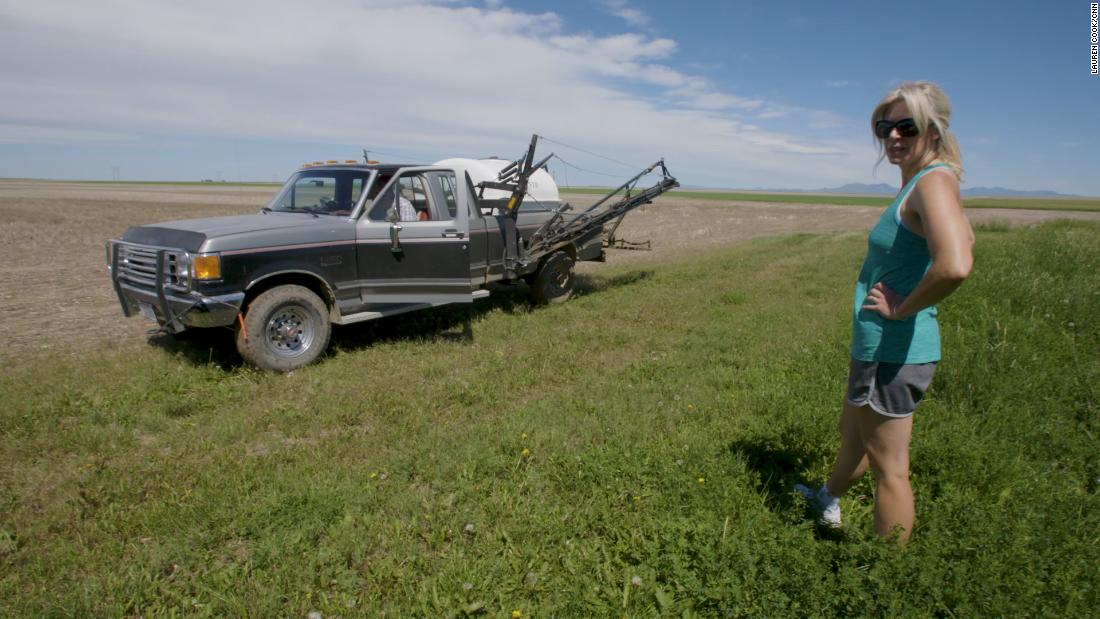
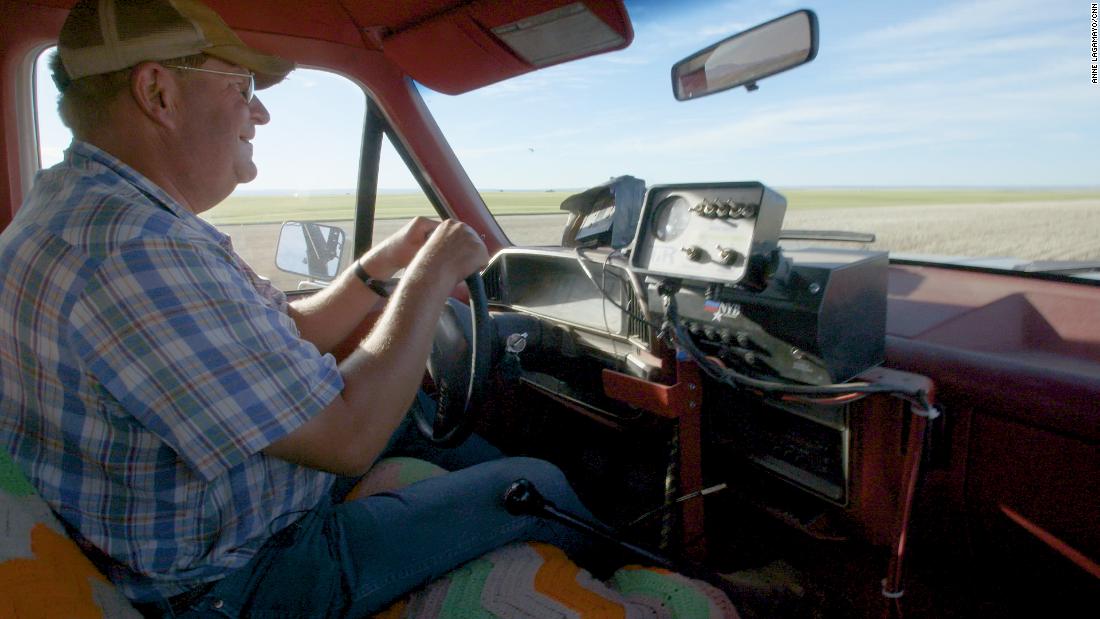
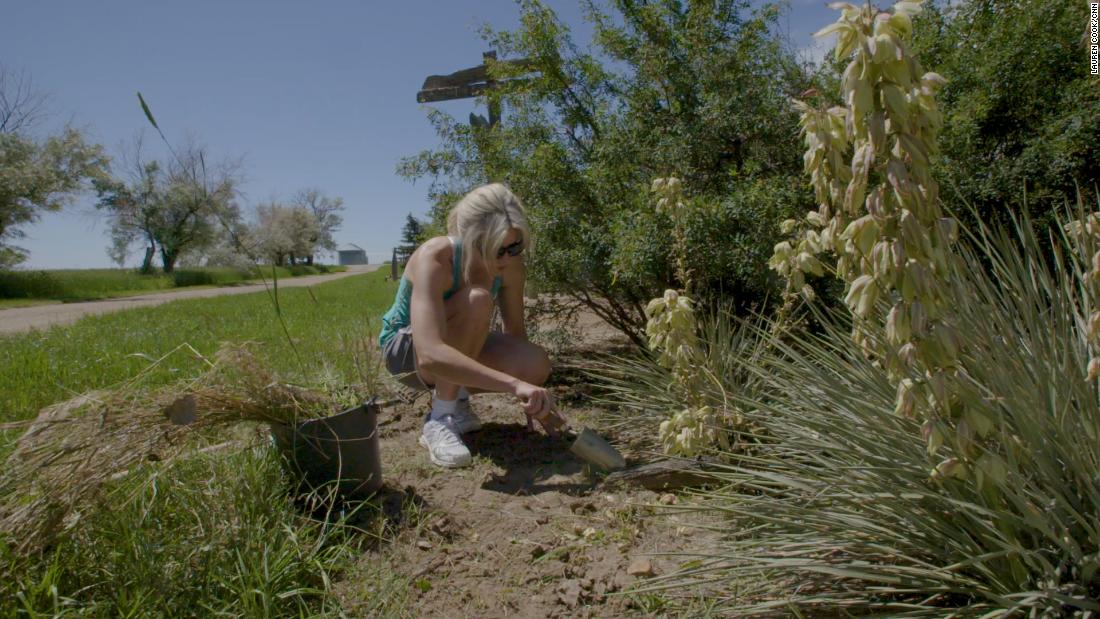
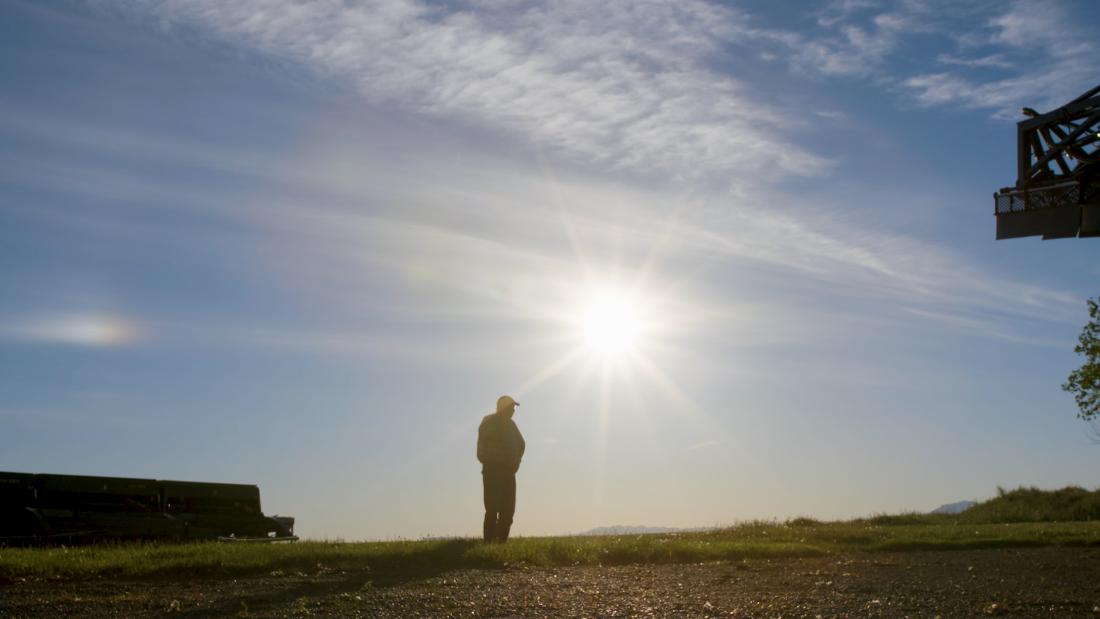
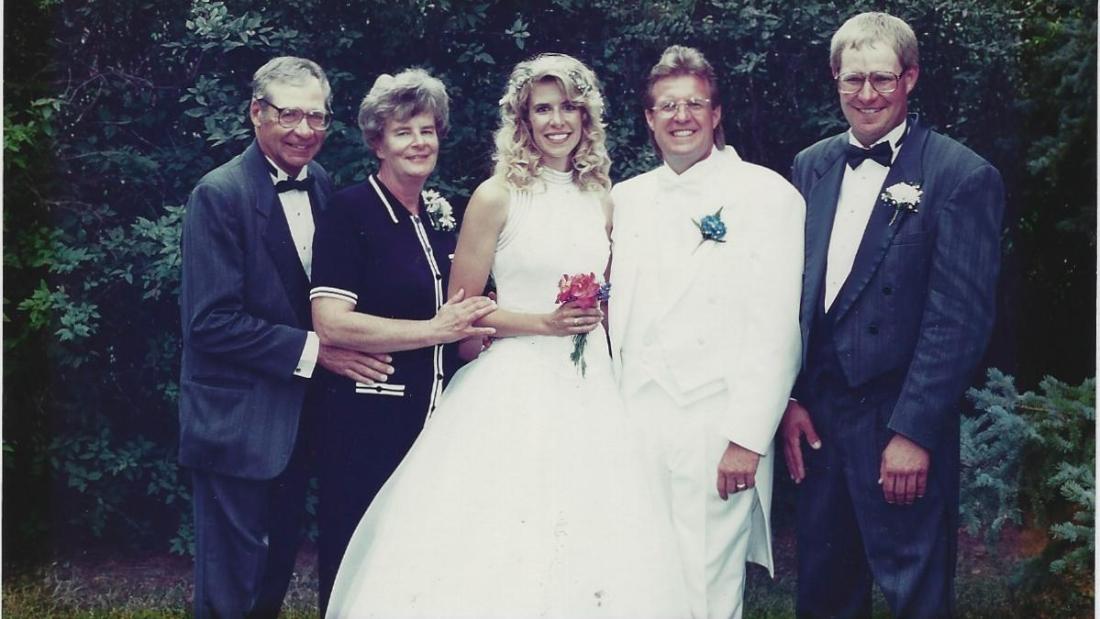
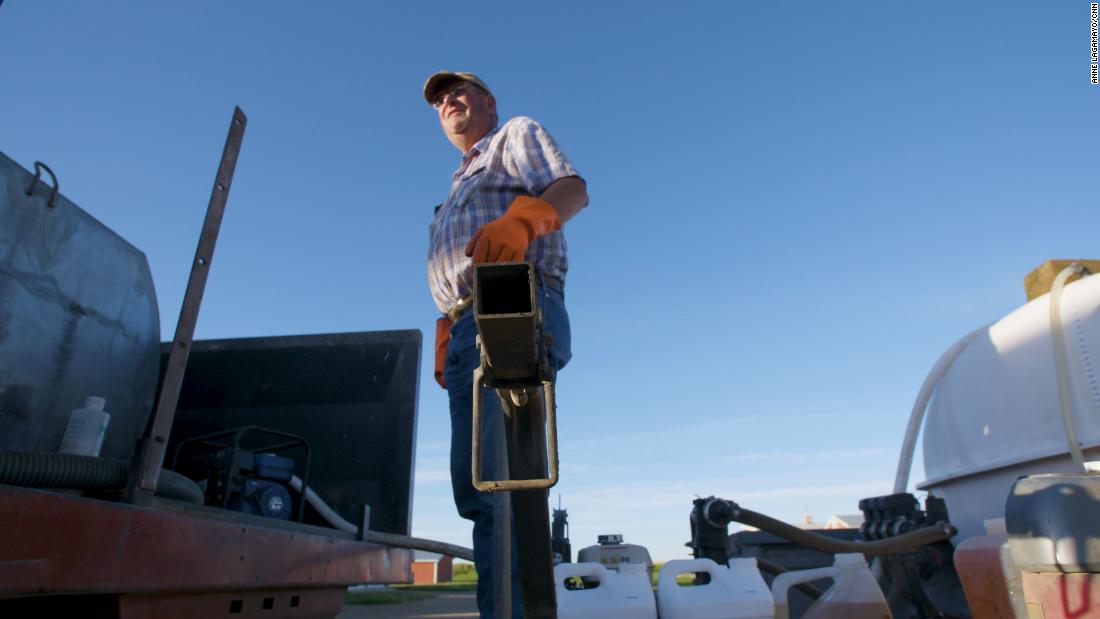
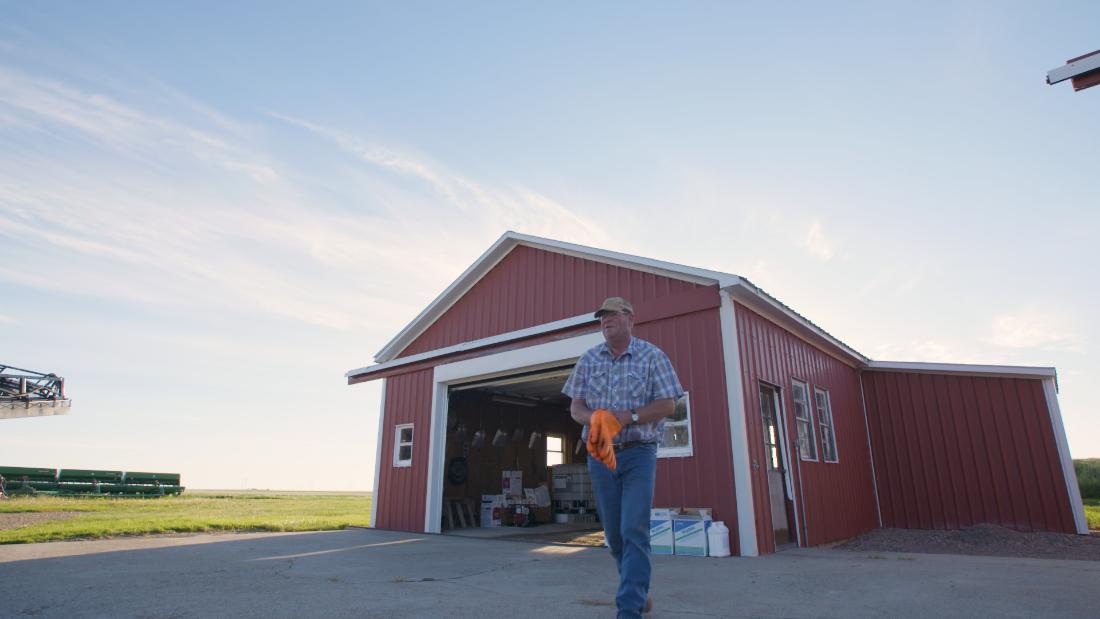
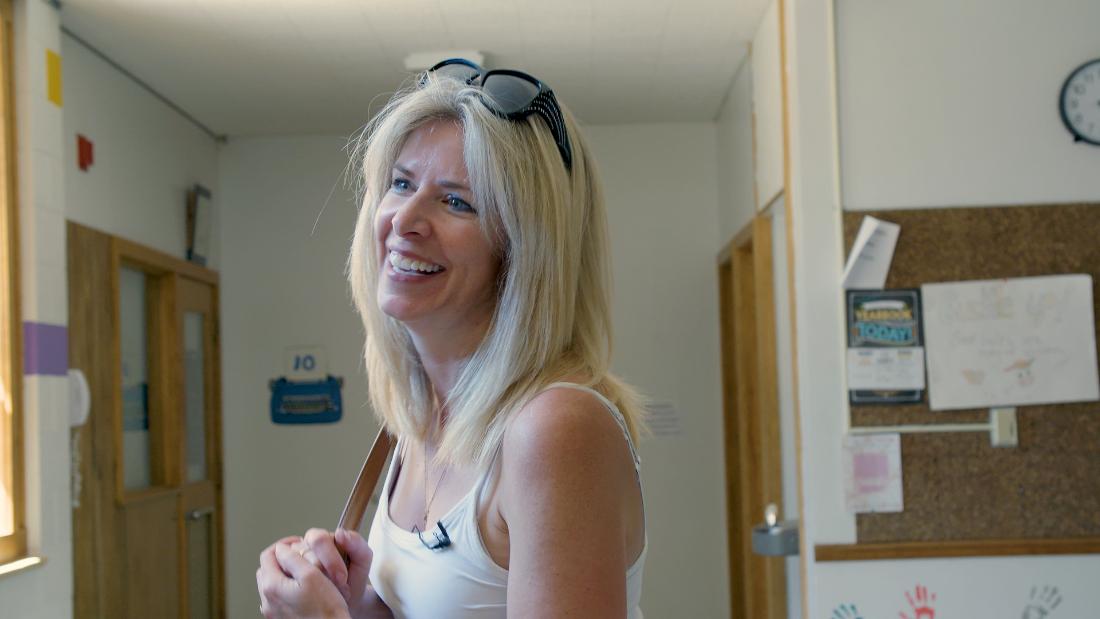
No comments:
Post a Comment